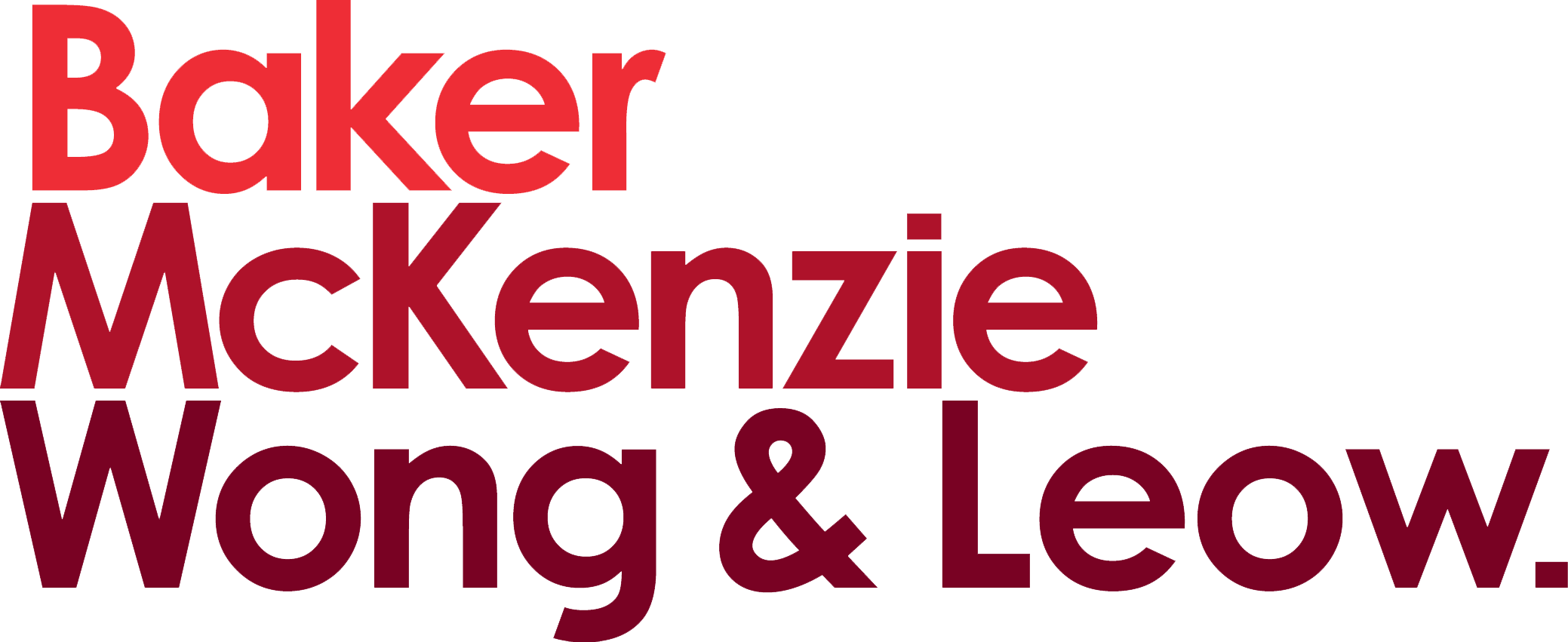The Committee Against Profiteering will monitor prices of essential goods and services, groceries and daily necessities, and address feedback from consumers regarding unjustified price hikes
In brief
Following the Government’s announcement on the increase in the Goods and Services Tax (GST) rate starting 1 January 2023, the Committee Against Profiteering (CAP) has been reconvened. The CAP will guard against companies unjustifiably raising prices on the pretext of the increased GST rate and address concerns from consumers regarding such unjustified price increases under the guise of the GST hike.
Comment
The reconvening of the CAP nine months prior to the increase of GST rates sends a strong signal that profiteering from the GST hike is not tolerated in Singapore. Businesses are advised not to raise prices unjustifiably by using the GST hike as a pretext, as this may attract scrutiny from the CAP.
In more detail
Background
In February 2022, during the Budget speech, the Finance Minister announced the increase of the GST rate from the existing 7% to 8% with effect from 1 January 2023; and from 8% to 9% from 1 January 2024.
The CAP was first set up in the year that GST was first introduced, and reconvened during previous rounds of GST increases. Following the recent announcement of the GST hike, the CAP has been reconvened and held its first meeting on 16 March 2022. The CAP presently consists of 13 members and is chaired by Minister of State for Trade and Industry Ms. Low Yen Ling.
Objectives
The CAP takes the position that it is unacceptable for businesses to use GST as the reason for increasing prices before the GST hike comes into effect in 2023 and 2024. It is also not acceptable for businesses, after the implementation of the GST hike, to raise prices by more than the GST increase, citing GST as the reason.
The CAP’s main objective is to guard against profiteering on essential food items and household products, where it will investigate complaints on profiteering under the guise of the GST increase for essential products and services.
The CAP will work closely with the Competition and Consumer Commission of Singapore and the People’s Association to leverage on their ground relations to follow up on profiteering feedback and resolve them amicably.
Potential challenges
One challenge that the CAP foresees is the potential intertwining of causes underlying price increases. In contrast to the last GST increase in 2007, businesses are now faced with inflationary pressures, which may contribute to price increases.
To address this, the CAP intends to tap on technology and digitalization, which would make it easier to determine how essential items should be priced.
Previously, the CAP had to conduct surveys on the prices of daily essentials and work with the media to publish such findings. Crowdsourcing technology has since changed that. For example, the Consumers Association of Singapore’s (CASE) Price Kaki app allows users to compare prices of more than 4,000 items. CASE plans to expand the application to include more retailers, products and services.
The CAP feedback process
From 1 April 2022, members of the public can submit feedback on the CAP’s website, through a designated hotline or at community clubs. Upon receiving the complaint, the CAP will investigate and, in serious cases, may make public the names of errant businesses that seek to profiteer on the pretext of the GST increase.
The CAP’s website will be launched on 1 April 2022 and can be accessed here.

© 2022 Baker & McKenzie.Wong & Leow. All rights reserved. Baker & McKenzie.Wong & Leow is incorporated with limited liability and is a member firm of Baker & McKenzie International, a global law firm with member law firms around the world. In accordance with the common terminology used in professional service organizations, reference to a “principal” means a person who is a partner, or equivalent, in such a law firm. Similarly, reference to an “office” means an office of any such law firm. This may qualify as “Attorney Advertising” requiring notice in some jurisdictions. Prior results do not guarantee a similar outcome.



